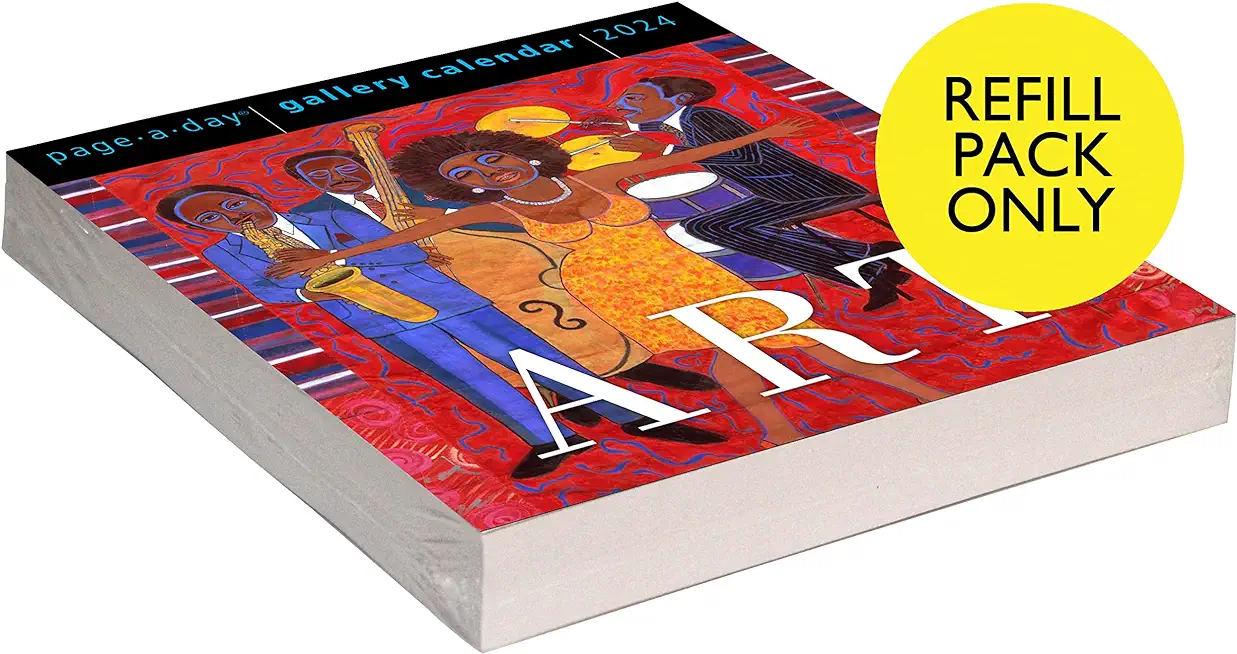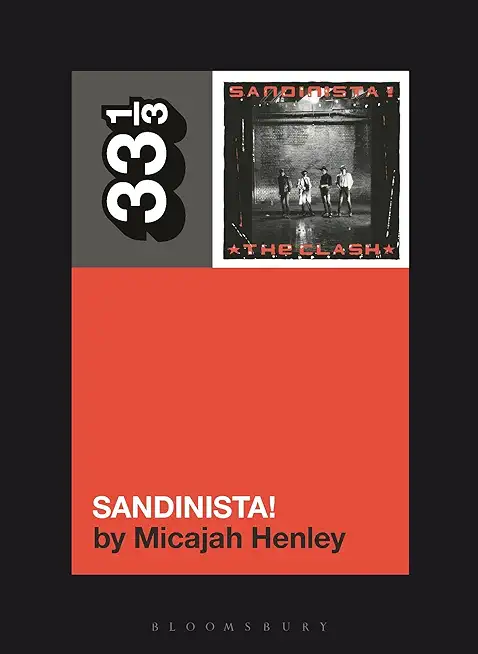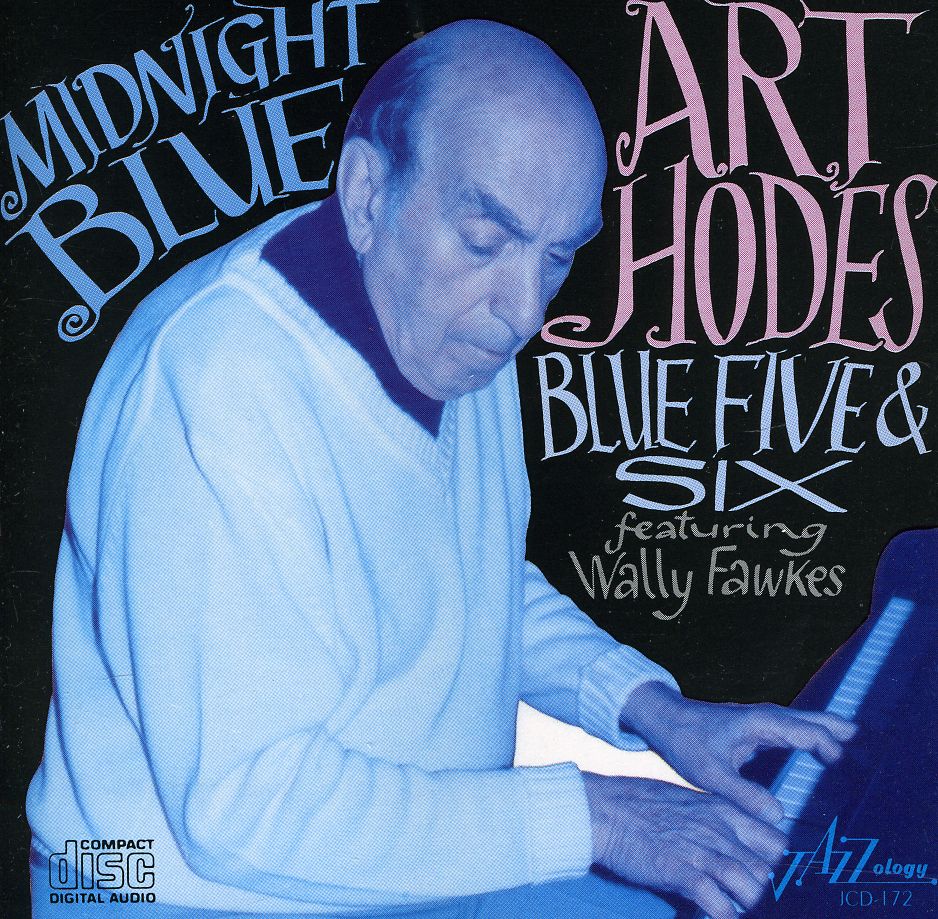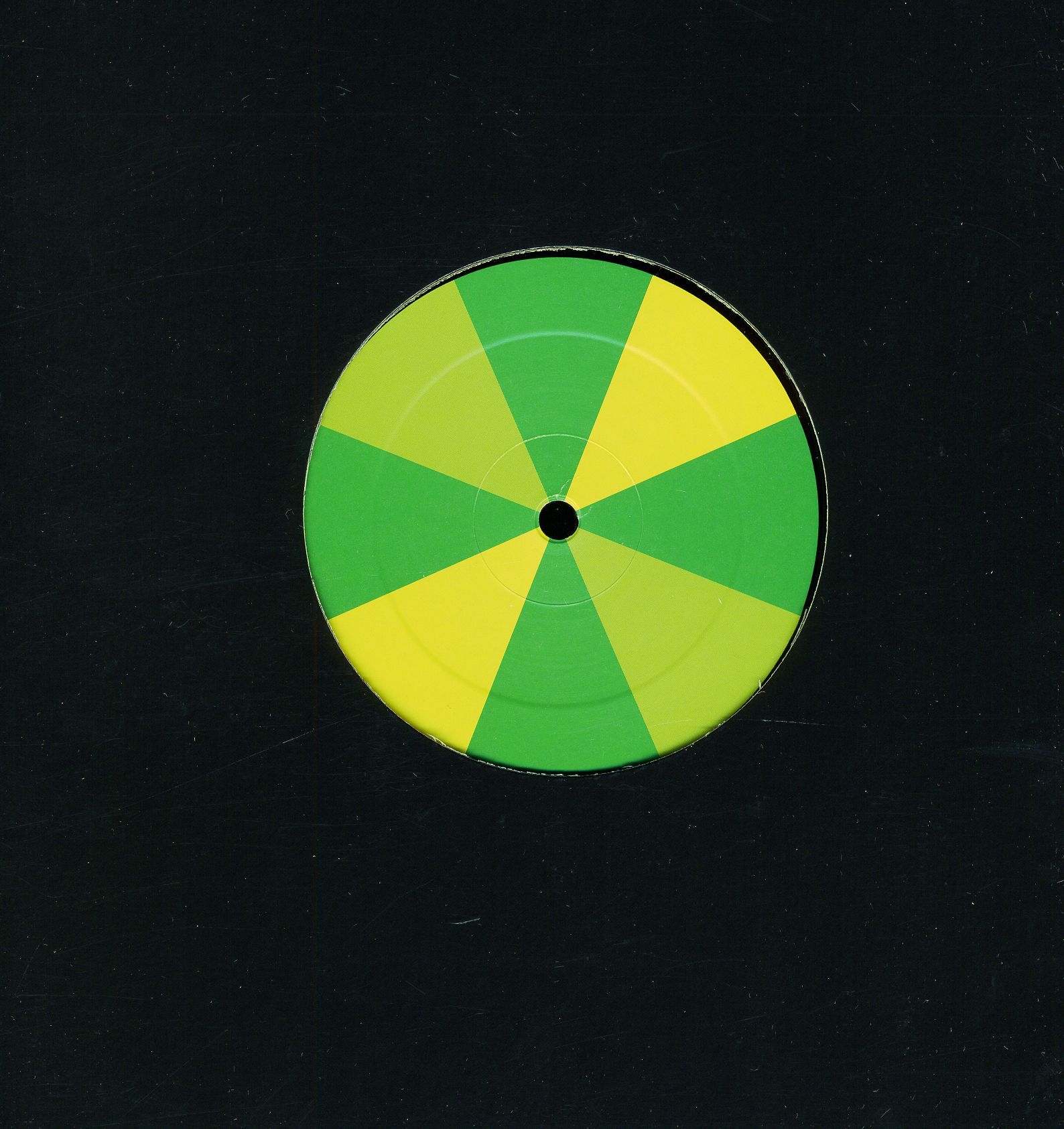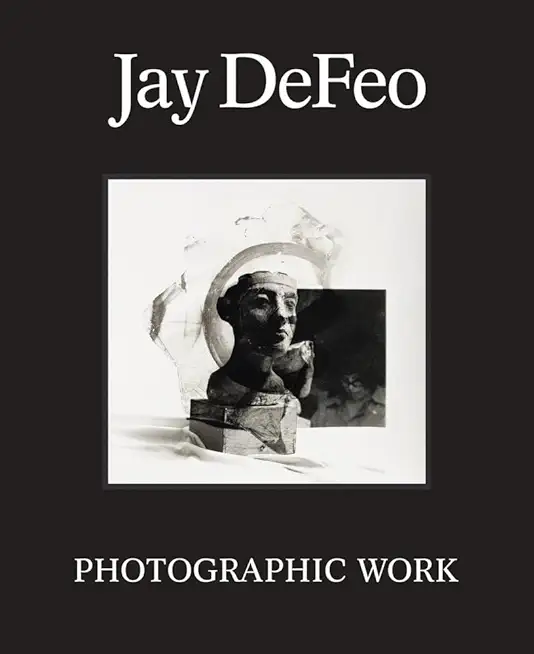
This monograph on the legendary and influential artist Jay DeFeo features over 150 photographic works--many never before published--most reproduced at the size the artist printed them. After the completion of her monumental masterpiece The Rose in 1966, DeFeo moved from the heart of artistic activity in San Francisco to a small house in Marin County, California. There she embarked on a focused and rigorous exploration with the camera. For much of the 1970s, she used the camera as a tool to look and think with, creating a wide range of black-and-white photographs she processed in her darkroom. The artist used experimental photographic techniques to produce extraordinary artworks, alongside documentary images of her studio and paintings in process. Her contact sheets, some of which are reproduced here, are often filled with multiple views of one object, revealing the way DeFeo looked and sketched with the lens. In 1972 she wrote: "My interest in photography has always paralleled my expression as a painter."
Essays by Hilton Als, Judith Delfiner, Corey Keller, Justine Kurland, Dana Miller and Catherine Wagner survey the rich materiality, sculptural layering and illusionistic devices of DeFeo's playful and enigmatic photographic works, illuminating her astonishing range and daring experimentation with the medium.
Jay DeFeo (1929-89) was a Bay Area artist who created an original and provocative body of work, including the iconic painting The Rose (1958-66). In the 1970s and 1980s, DeFeo continued her visionary work in a range of mediums, including works on paper, photography, collage and photocopies. Among many other exhibitions, a retrospective of her work was organized by the Whitney Museum of American Art, New York, and traveled to the San Francisco Museum of Modern Art in 2012.

